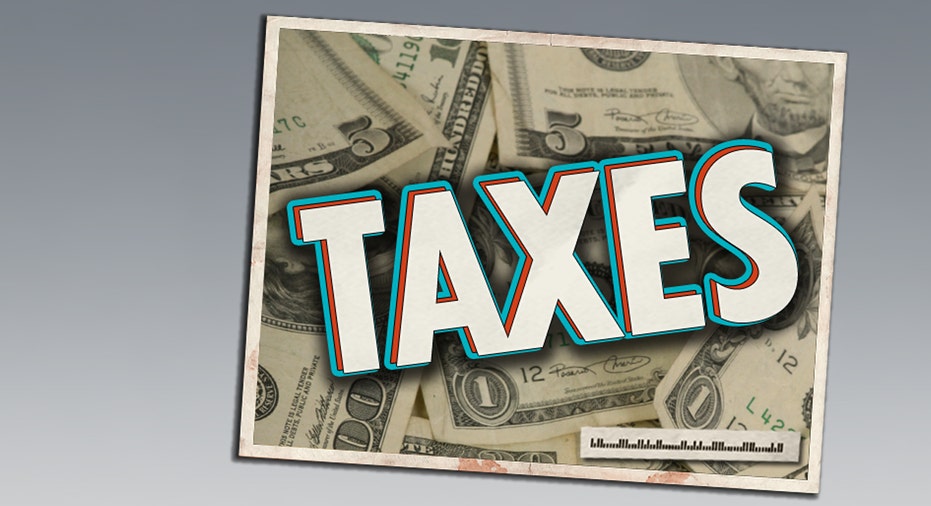Time to Tackle Taxes is Now

The holidays are here and for most of us, the furthest thing from our minds is our 2015 tax return. However, there are steps you can take now, before the end of the year, to increase your tax refund next year or lower the taxes you may owe.
Brian Ashcraft, Director at Liberty Tax Service discussed with FOXBusiness.com what you can do now to help when filing your income tax forms in 2016.
Boomer: What can I do before the end of the year to lower my overall taxable income?
Ashcraft: Look to see if there are deductions that should be paid before the end of the year to deduct on the 2015 return, or if there are deductions to be paid after December 31 to deduct on 2016 return. Sometimes itemizing deductions can be used every other year if certain expenses are paid at the end of one year or the beginning of another year.
Some contributions to retirement plans or IRA accounts before end of year include:
- Purchase of business assets before the end of the year to take deductions on the current year return if needed by the beginning of next year.
- Sell losing stocks to take advantage of capital losses.
- Maximize IRA’s.
- Make additional charitable contributions.
Boomer: If I know I will be in a higher tax bracket in 2016 what can I do?
Ashcraft: You should make quarterly estimated payments and maximize expected deductions.
Boomer: What is the 0% long term capital gains rate?
Ashcraft: Generally, when a taxpayer files an income tax return (based on their filing status and total taxable income amount), they are assigned a “tax bracket” which assigns them a tax rate at which their income will be taxed, referred to as ordinary income tax rates. If part of their taxable income is considered “capital gains” income, which includes qualified dividend income, then they may be eligible for their net capital gains to be taxed at a lower tax rate than their regular/ordinary tax bracket where their other income will be taxed. So, currently in the Internal Revenue Code, they may be subject to two different tax rates based on the type of income being taxed, a regular tax rate and a maximum capital gains tax rate. In addition, they may also be subject to a third, yet different, type of tax, alternative minimum tax.
Currently, only the long term capital gain is subject to the lower capital gains tax rate. Net short-term capital gains are taxed at the ordinary income tax rates.
For tax year 2015, if you are in the 10% or 15% regular/ordinary tax rate bracket, your qualified net capital gains maximum tax rate will be 0%. If you are in the 25%, 28%, 33% and 35% regular/ordinary tax rate bracket, your qualified net capital gains maximum rate will be 15%. If you are in the top ordinary tax bracket of 39.6%, your qualified net capital gains tax rate will be 20%.
Boomer: What are the top tax deductions for seniors and retirees?
Ashcraft: The top tax deductions for seniors and retirees are insurance and medical expenses and medical needs. Also, qualifying for Schedule R deductions such as deducting for the care of a grandchild.
Boomer: What are some popular tax scams that target seniors?
Ashcraft: There are a lot of scams that target seniors. A few to look out for are:
- Phone calls stating a balance is due or a change to IRS returns asking them for personal identity information.
- Phone calls saying the IRS is suing you and to call a specific number with the same area code as the IRS for your area. You know this is a scam because the IRS will always send correspondence prior to any phone calls or visits.
- Seniors are often the target of identity theft scams meaning their identity is used for a fraudulent tax filing. Check for this by reviewing credit card charges for illegal charges made to tax software companies.
- Some seniors aren’t required to file an income tax return. If this is the case, someone else may use their social security number and file a return using their name and information.



















